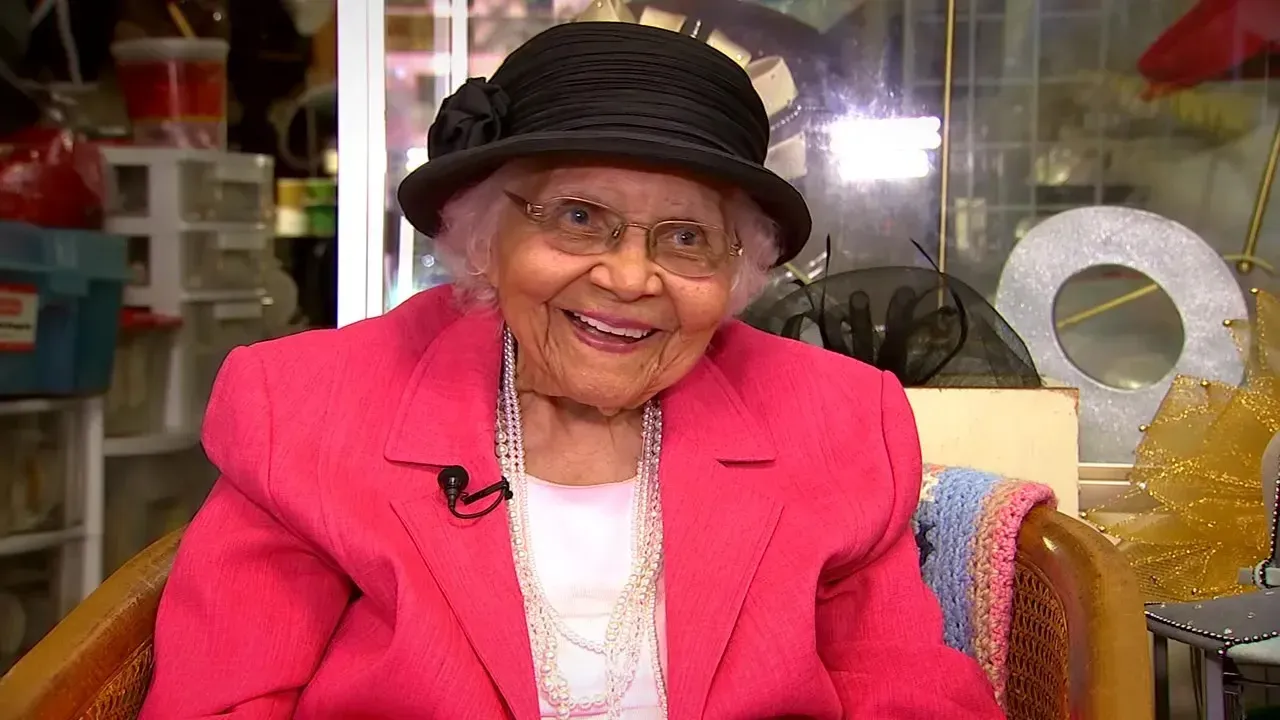India’s Timeless Traditions: How Ancient Culture Shapes Modern Identity
India is often described as a land of paradoxes: ancient yet futuristic, spiritual yet scientific, rooted yet cosmopolitan. These dualities are not contradictions but living proof of how India’s timeless traditions continue to shape the country’s evolving identity. From language and philosophy to food, festivals, and family values, ancient Indian culture remains a vibrant force in the modern world, not only within India but also across the global Indian diaspora.
Ancient Wisdom in Everyday Life
At the heart of Indian identity is its philosophical foundation systems like Vedanta, Yoga, and Ayurveda, which emphasize harmony, self-realization, and interconnectedness. These are not abstract concepts reserved for saints or scholars; they form the backdrop of everyday Indian life.
Morning prayers (puja), meditation, lighting of lamps, and even the ritual of removing shoes before entering a home are all practices passed down over centuries. These small, daily acts reflect a worldview that respects purity, mindfulness, and the sanctity of space; values just as relevant today as they were in ancient times.
Even in India’s booming tech cities, many families still begin their day with Sanskrit mantras or yoga sessions. The ancient ideal of “Vasudhaiva Kutumbakam”—the world is one family—continues to inspire both personal ethics and India’s international diplomacy.
“Tradition is not the worship of ashes, but the preservation of fire.” — Gustav Mahler (and lived by India daily)
Festivals That Bind Generations
India’s festival calendar is a testament to its cultural continuity. Whether it’s Diwali, Holi, Navratri, Eid, or Pongal, these festivals are not merely events but immersive experiences that blend food, fashion, music, and stories rooted in sacred texts and historical tradition.
Even second and third generation Indians abroad find themselves returning to these traditions. Diwali lights up homes from Toronto to Tokyo, and Holi color runs are now global phenomena. These celebrations act as cultural anchors, reconnecting people to their roots and providing a sense of belonging in a rapidly changing world.
More than nostalgia, they offer an intergenerational bridge, grandparents share legends and rituals with grandchildren, sustaining memory through experience.
Sanskrit, Storytelling, and Shared Memory
India’s oral and literary traditions, from the epics of the Mahabharata and Ramayana to the fables of the Panchatantra, have long served as moral compasses. These stories are not static; they’re reimagined in comic books, web series, school plays, and even business seminars on leadership and ethics.
In a time of information overload, these age-old narratives provide clarity. Concepts like dharma (duty), karma (consequence), and seva (selfless service) remain powerful tools for making sense of the world.
“We don’t just inherit culture; we carry it forward, reshape it, and pass it on.”
In classrooms in Mumbai and living rooms in Melbourne, the resonance of these stories lives on, because they speak to universal human questions in a deeply Indian voice.
Art, Craft, and the Culture of Creation
From Banarasi silk to Madhubani paintings, India’s traditional arts are enjoying a revival. Young designers are reinterpreting classical motifs for global runways. Artisans are using social media to sell directly to customers worldwide. This resurgence isn't about preserving relics; it's about celebrating relevance.
Handlooms, once considered old-fashioned, are now symbols of sustainability and slow fashion. Traditional crafts like block printing or terracotta pottery are being integrated into modern homes, not as exotic curios but as functional art.
In doing so, Indians are rejecting the binary between “modern” and “traditional.” Instead, they’re creating a fusion that reflects both pride in heritage and openness to innovation.
Family and Values in a Digital Age
While urban India embraces nuclear families and fast-paced life, the essence of joint-family values - interdependence, respect for elders, collective decision-making, still informs how many Indians navigate the world.
Arranged marriages coexist with dating apps; WhatsApp family groups preserve a sense of kinship across continents. Even in a digital age, the Indian instinct for community, consultation, and shared responsibility continues to guide personal and professional life.
Diaspora and the Global Indian Identity
For millions of Indians living abroad, tradition is a lifeline. Language classes, temple visits, cultural associations, and Indian grocery stores are more than conveniences, they’re vital nodes of identity.
What’s remarkable is how younger generations are not just inheriting culture passively but actively curating it. They blend bhangra with hip hop, serve chai at pop-up cafes, and wear kurtas with sneakers. In doing so, they embody the continuity of tradition with the creativity of modernity.
“You can take an Indian out of India, but not India out of an Indian.”
Conclusion: A Living Legacy
India’s ancient traditions are not frozen in time, they are living, breathing forces that adapt, evolve, and inspire. In a world hungry for meaning, connection, and rootedness, Indian culture offers answers that are both timeless and timely.
As we mark Indian Heritage Month, let us remember that heritage is not just what we remember from the past, it is what we live in the present and protect for the future. From the sacred to the everyday, India's traditions are not just part of history; they are part of what makes us whole today.











